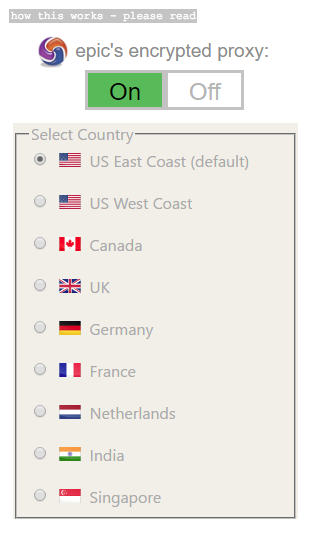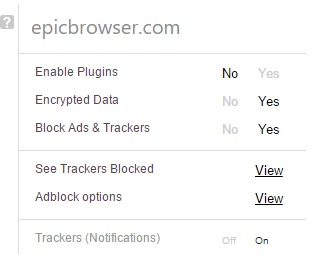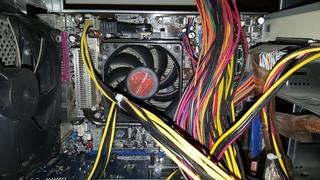Now there's nothing stopping the PATRIOT Act allowing the FBI to slurp web-browsing histories withou
May 13
https://www.theregister.co.uk/2020/05/13/us_spying_laws/
"An amendment that would require the FBI get a warrant before they access Americans’ web-browsing history failed to pass by a single vote in the US Senate on Wednesday.
The bi-partisan push to install the privacy protection mechanism was led by Senators Ron Wyden (D-OR) and Steve Daines (R-MT), and came following the news a planned addition to the PATRIOT Act, which is due to be renewed this week, would allow law enforcement to collect people’s browsing histories without a warrant. It was hoped the amendment would see off the upcoming PATRIOT Act changes at the pass, and preemptively install a warrant requirement.
“Is it right at this unique time when millions of law-abiding citizens are at home, for the government to be able to spy on their internet searches and web browsing without a warrant?” Wyden asked the Senate ahead of the vote today."
Now would be a great time to invest in a VPN client, regardless if you believe you have nothing to hide. Invasion of your privacy is complete tyranny.
I have a writeup of different VPN clients - http://www.techlibertyblog.com/index.cfm/2017/4/3/Secure-your-Internet-connection-with-a-VPN
NordVPN is the one that I use the most









